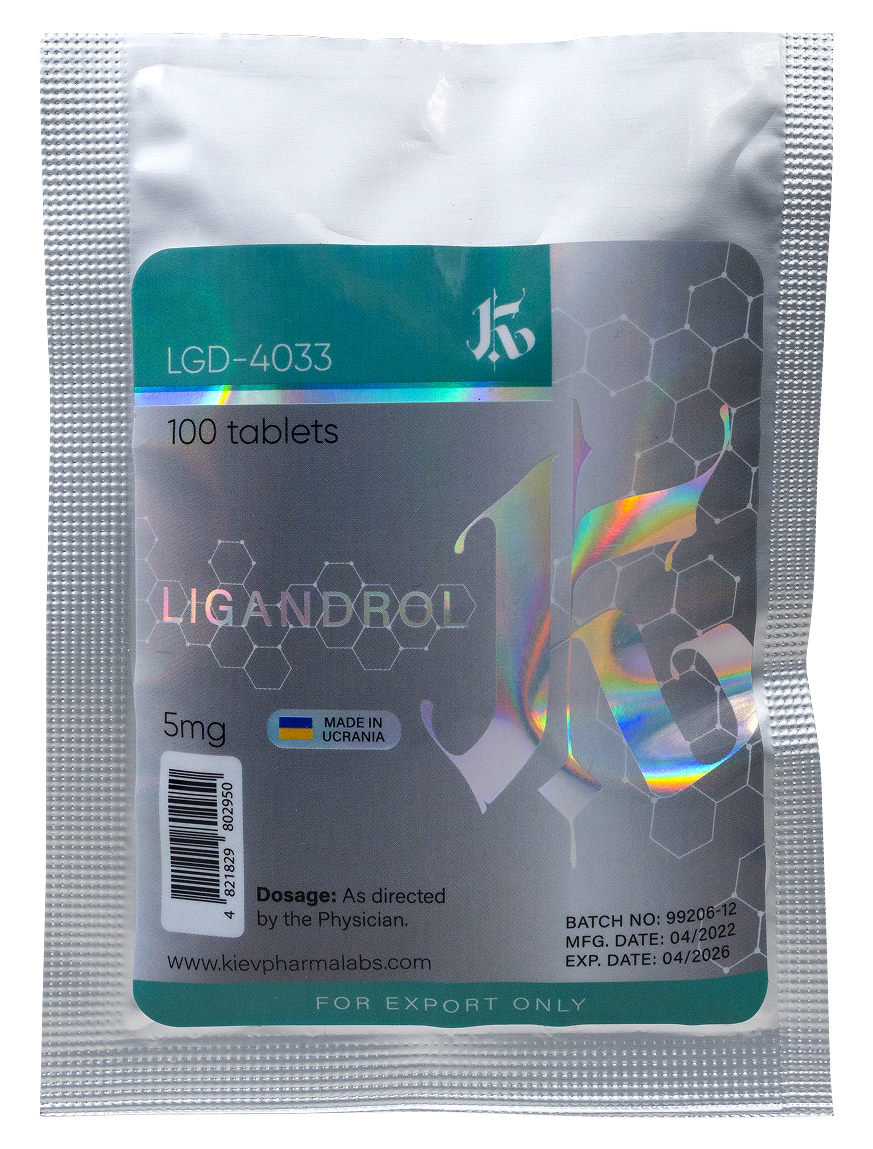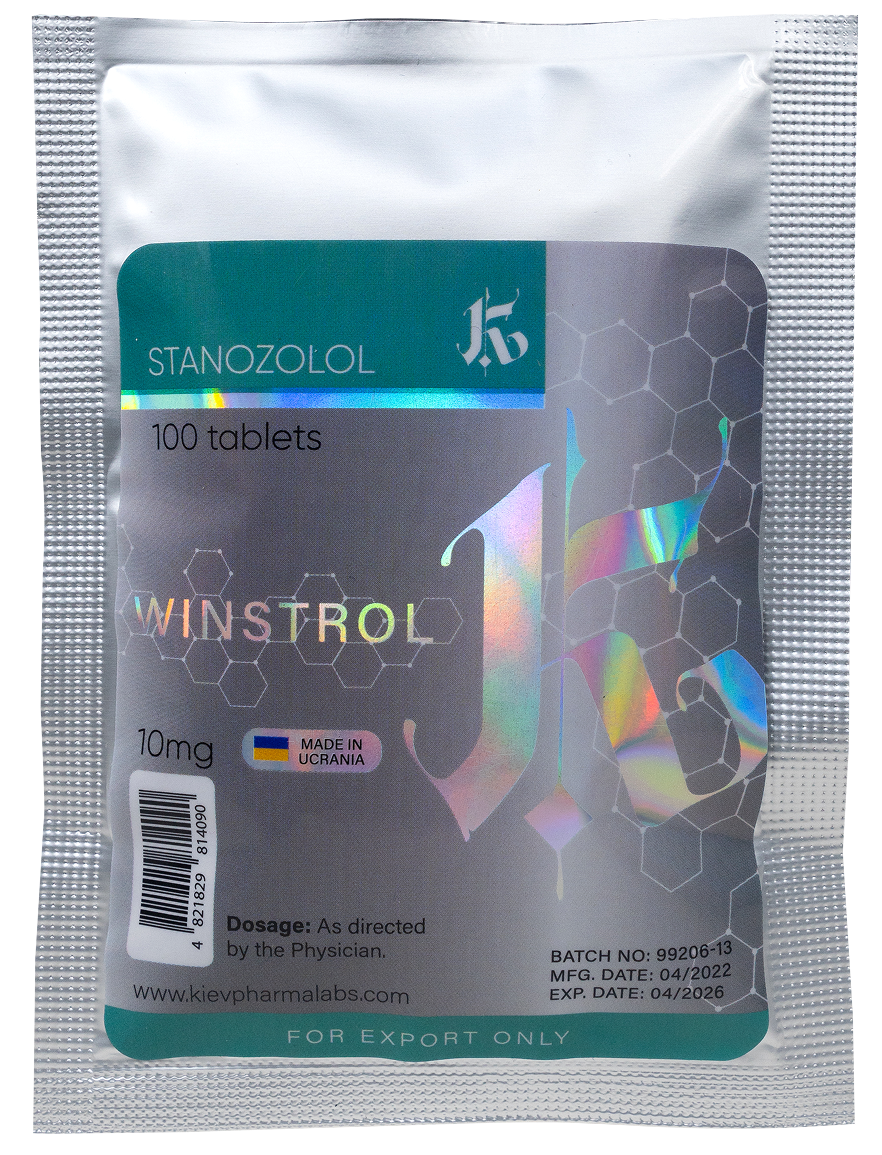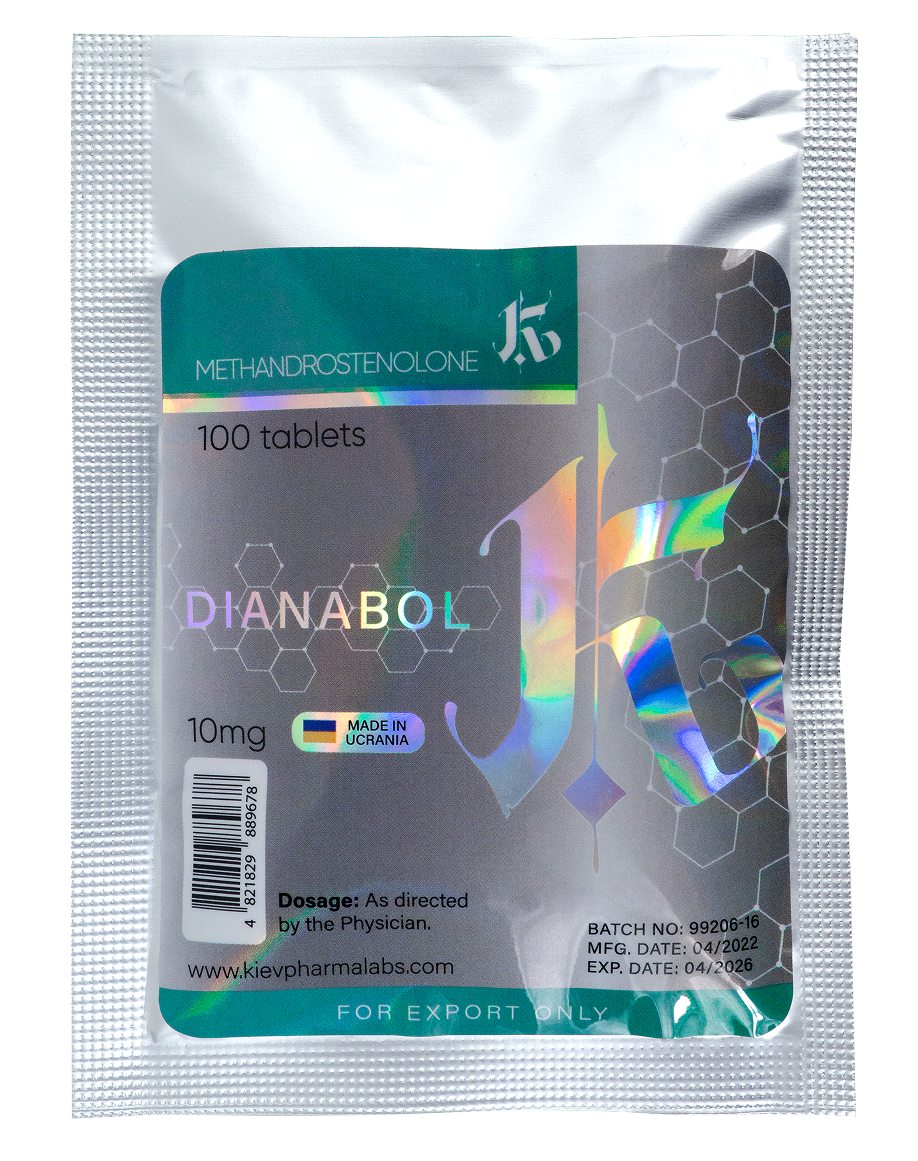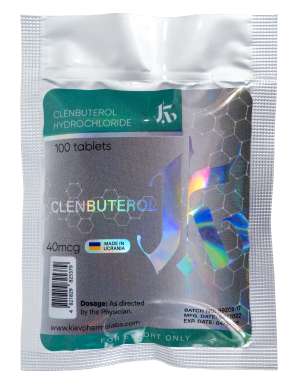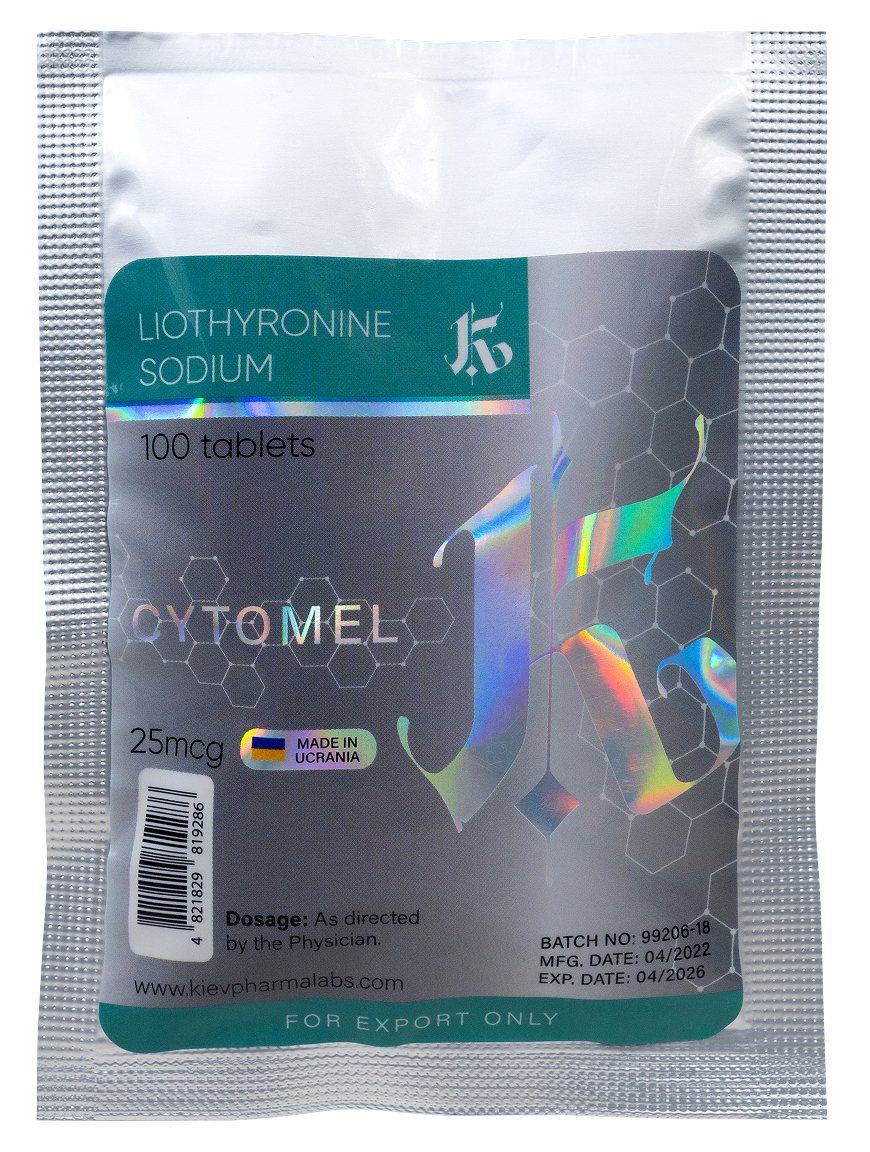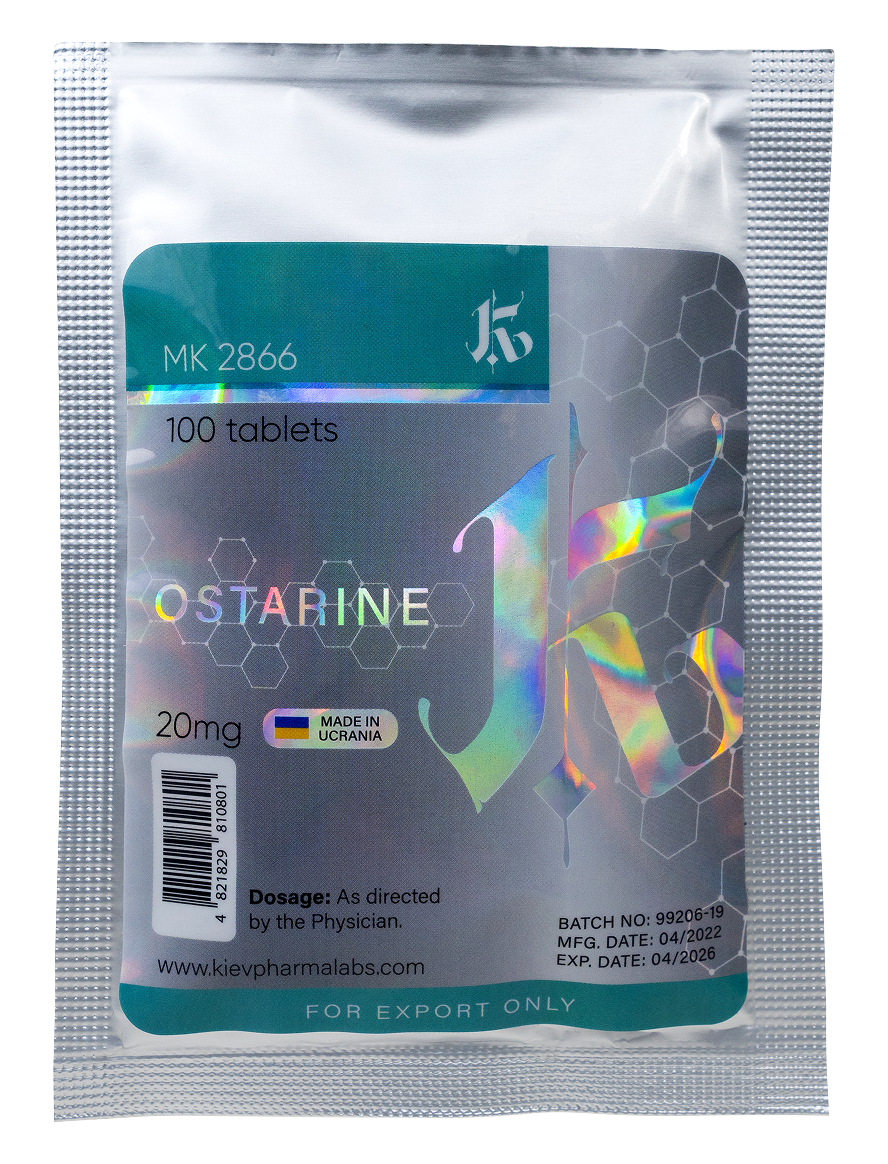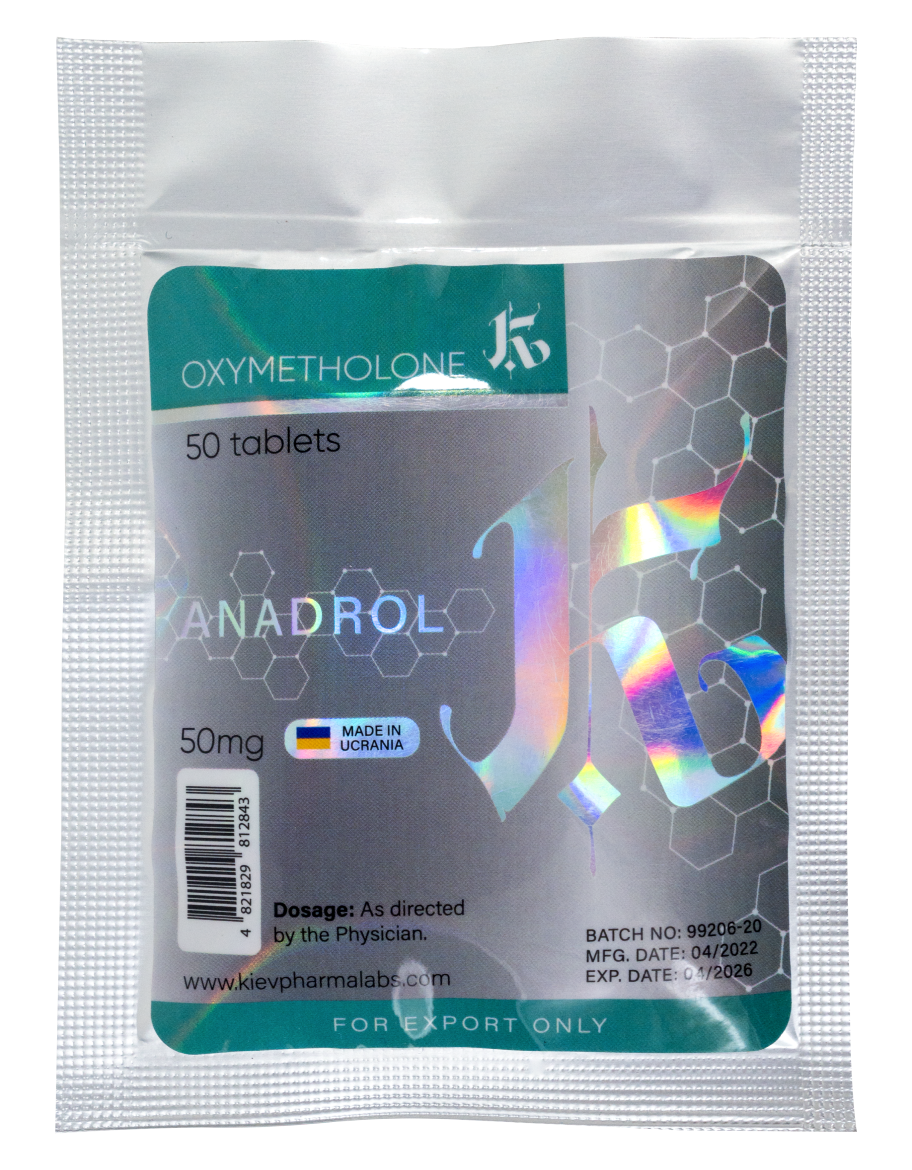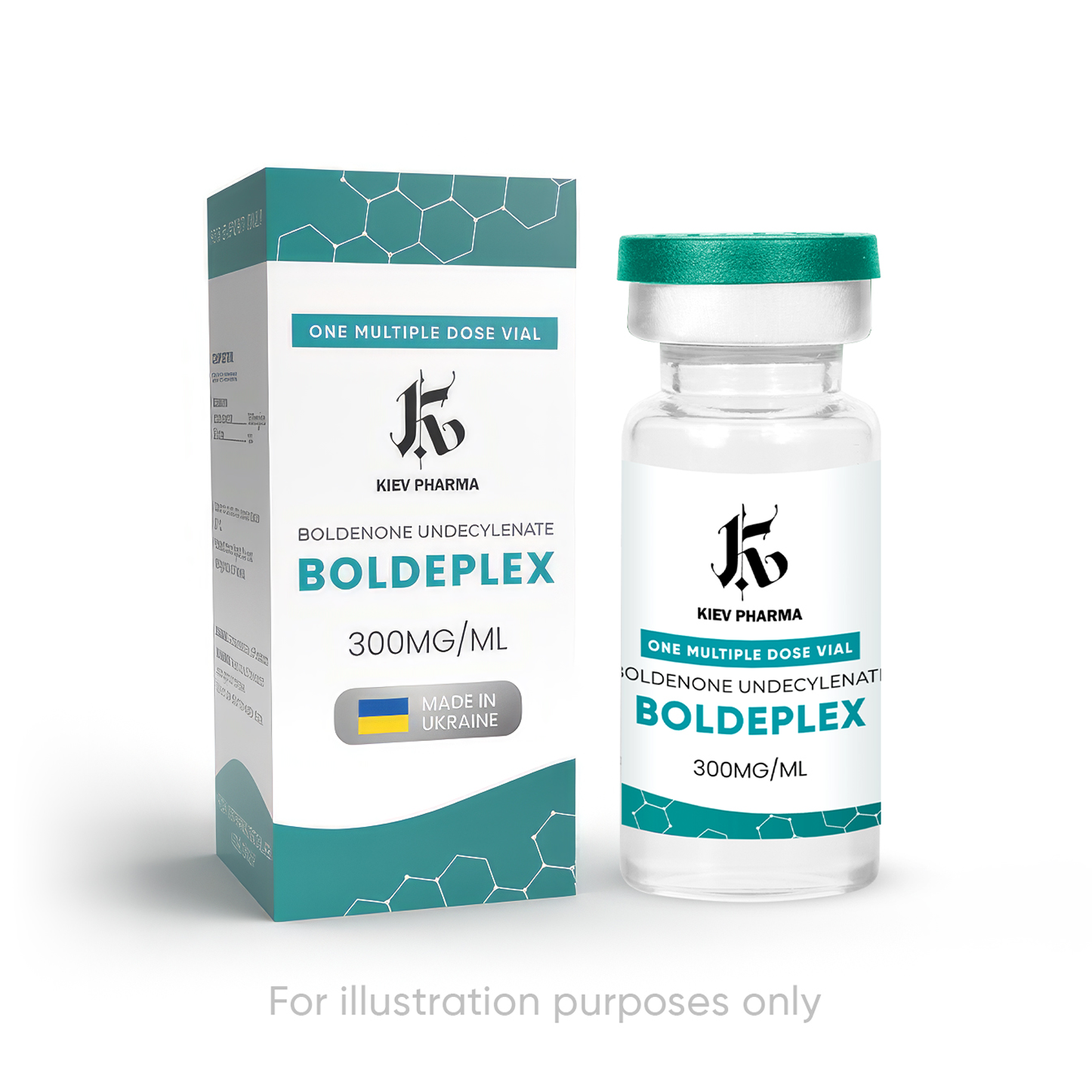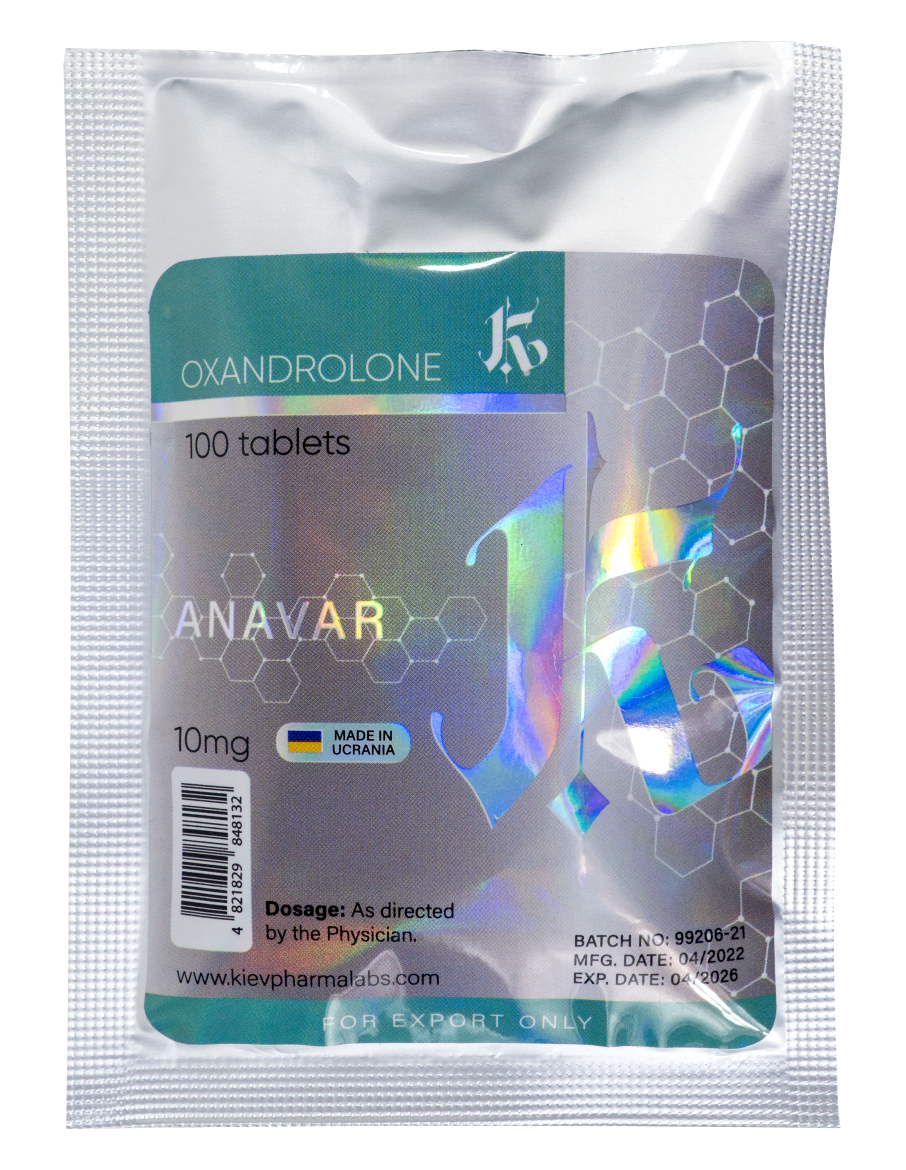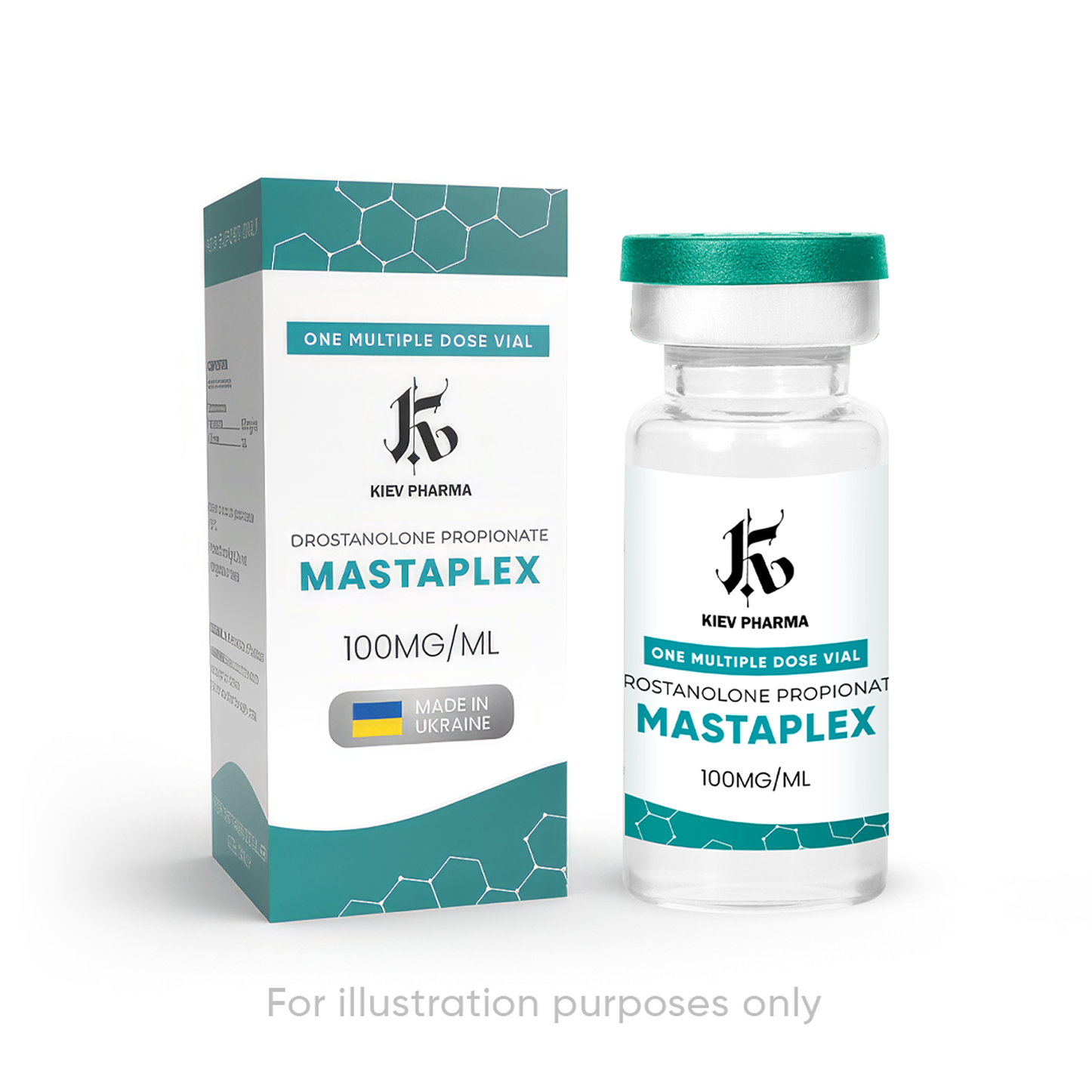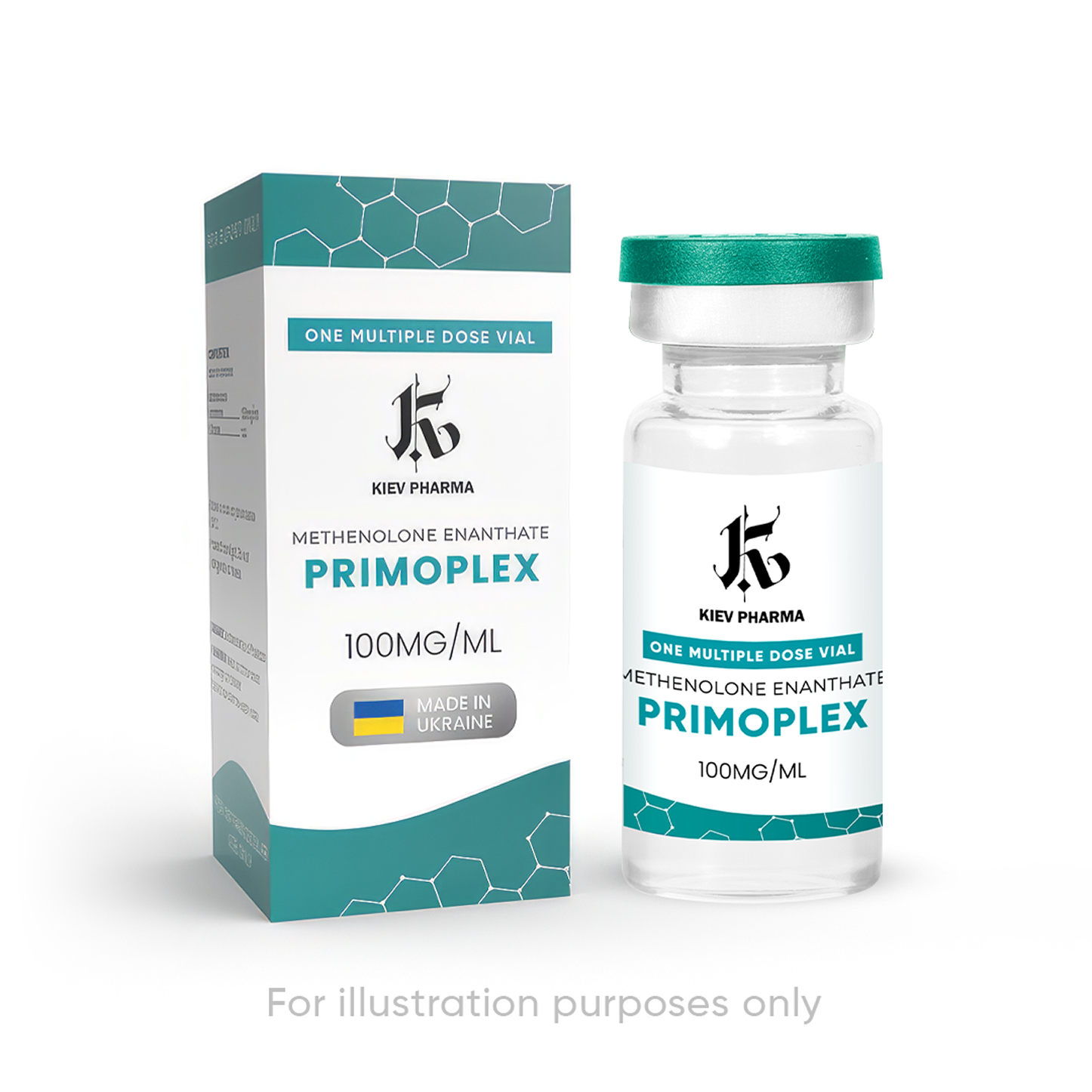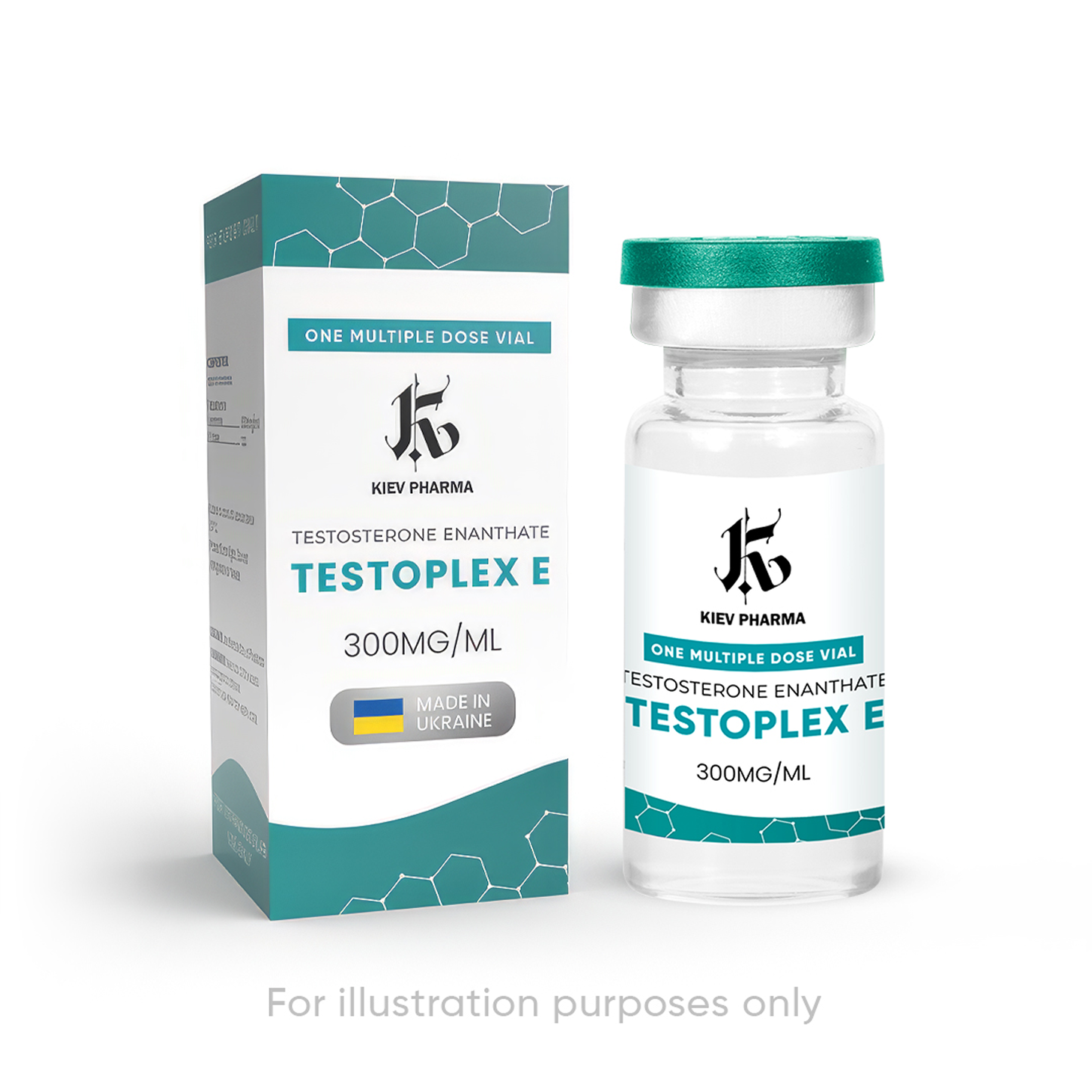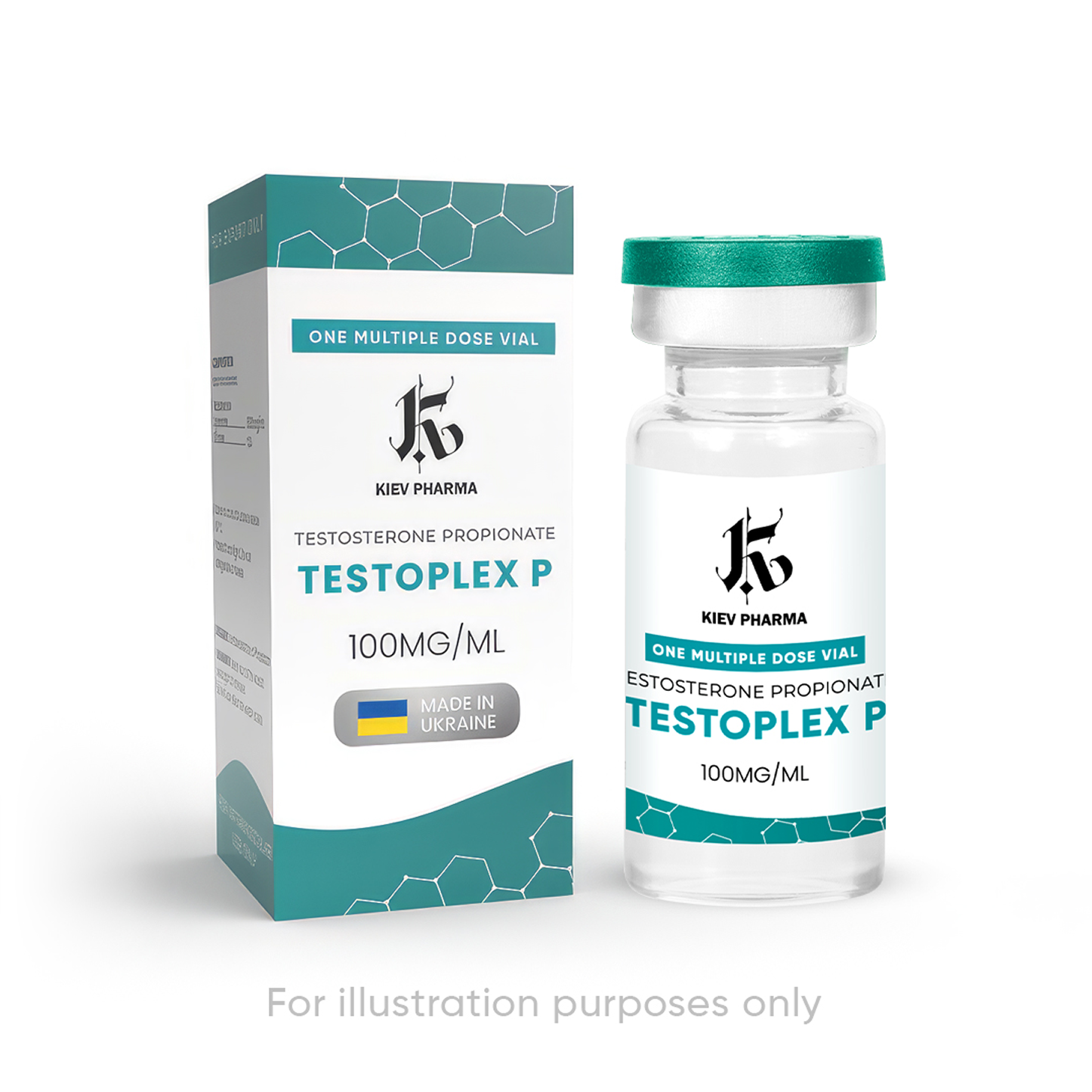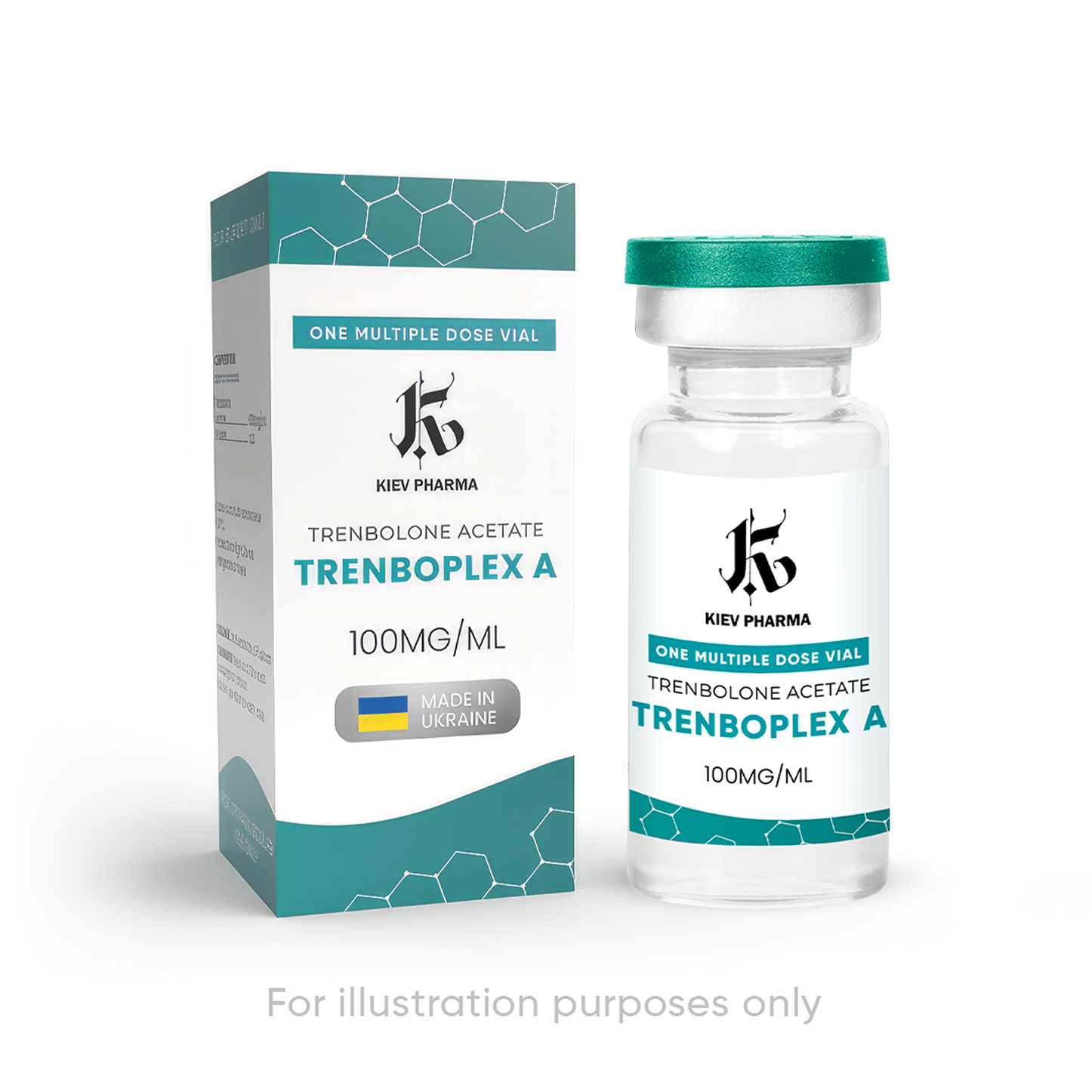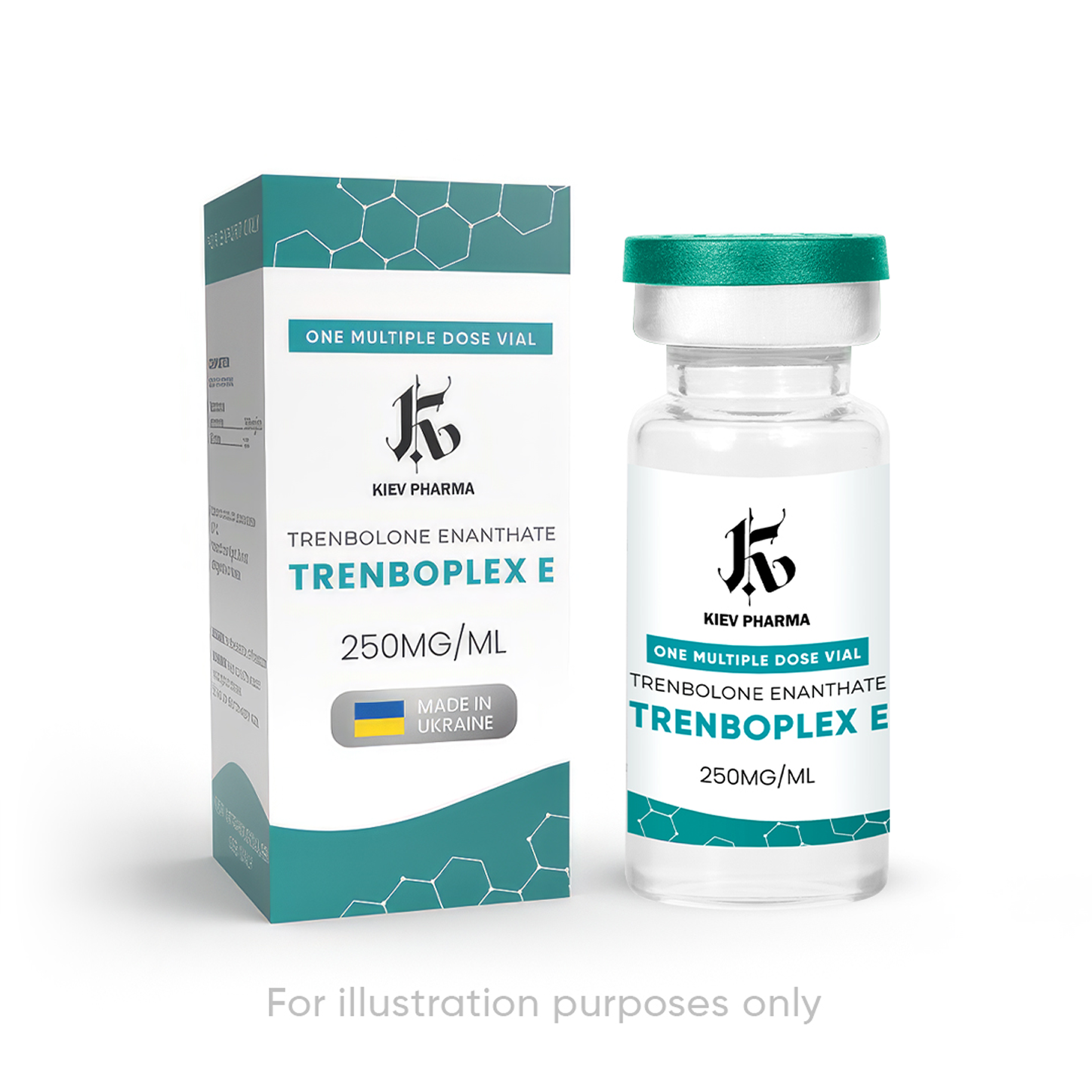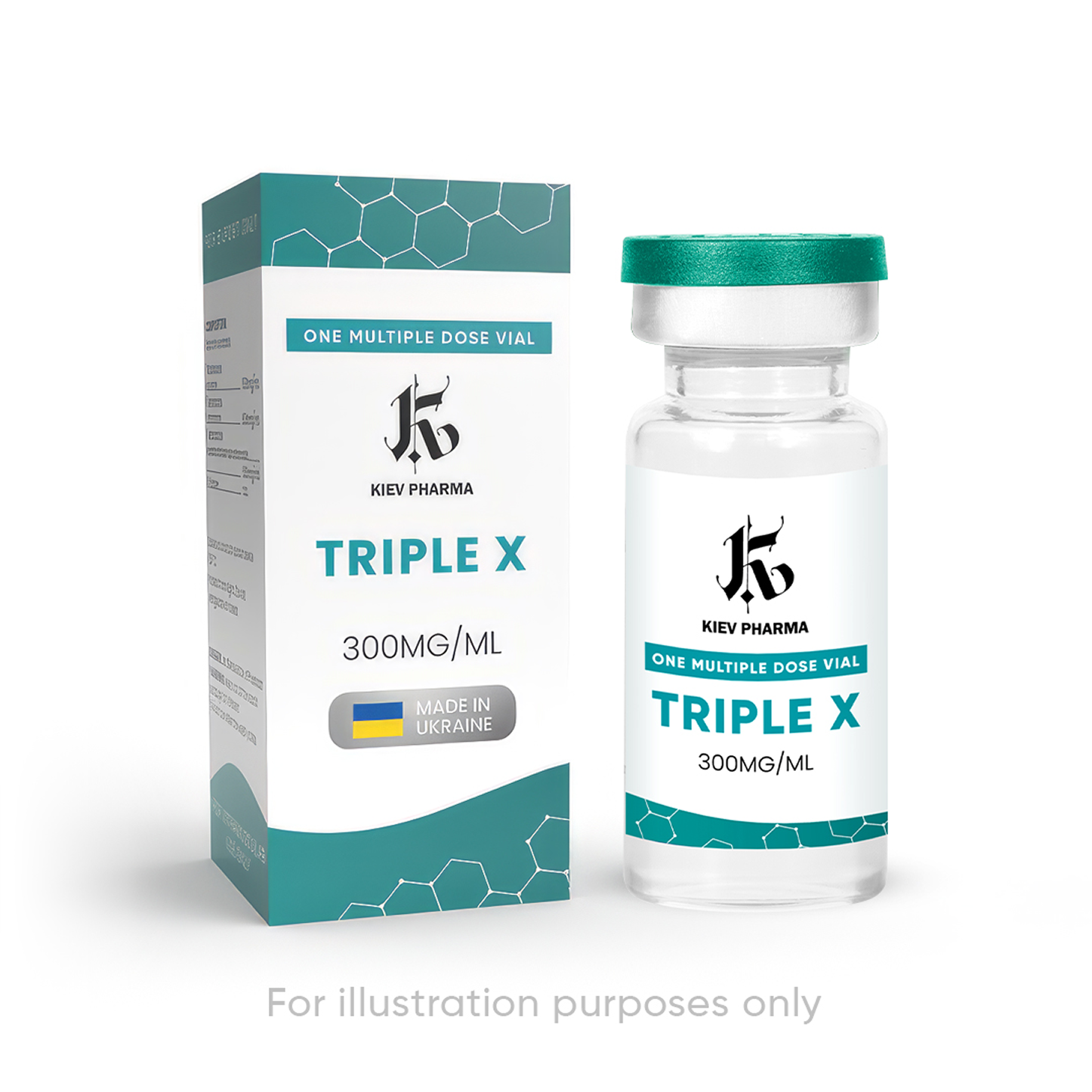Metabolism is the set of processes the body performs to convert food and drinks into energy. This transformation sustains essential functions such as breathing, blood circulation, digestion, cell repair, and hormonal regulation. The body burns calories constantly—even while sleeping.
A central component of this function is the basal metabolic rate (BMR), which represents the amount of energy the body needs to perform vital functions at rest. According to Dr. Marianela Aguirre Ackermann, “the body uses between 60% and 75% of daily calorie intake to sustain basic functions.”
Harvard Medical School defines metabolism as “the process by which your body converts what you eat and drink into energy” and emphasizes that this process powers various bodily functions—from growing and breathing to thinking.
Fast or Slow Metabolism: How Does It Manifest?
Metabolic speed varies among individuals and depends on several factors such as age, sex, genetics, height, muscle mass, and lifestyle. Generally, men have a higher basal metabolic rate than women due to a greater proportion of muscle mass.

“If someone struggles to gain weight regardless of how much they eat, they likely have a fast metabolism. And if they find it hard to lose weight, they may have a slower metabolism,” explained Dr. Sasha High. However, she clarified that people of all body sizes can burn calories differently.
A study published in the journal Science found that metabolism peaks during the first year of life, remains stable from ages 20 to 60, and then gradually declines. Still, daily habits can influence its efficiency.
Why Boosting Metabolism Improves Health
An active metabolism not only aids in weight loss but also helps maintain lost weight. According to Aguirre Ackermann, reducing mainly fat mass while preserving lean mass during a diet helps maintain an efficient metabolism.

From a clinical perspective, improving metabolic efficiency has positive effects on blood sugar regulation, hormonal balance, and cardiovascular and mental health. Specialist Francisco Ozores notes, “when metabolism is accelerated, not only are more calories burned, but every effort toward this goal becomes more effective.”
Nutritionist Claudia Lescano highlighted that stress can affect metabolism by disrupting thyroid function, a key regulator in this process.
Nine Science-Backed Strategies to Boost Metabolism

- Build muscle mass: Muscle is a major energy consumer. More muscle leads to higher calorie burn at rest.
- Combine HIIT and cardio: High-intensity interval training (HIIT) increases calorie burn even after exercise.
- Eat enough protein: It requires more energy to digest and helps preserve muscle mass.
- Avoid overly restrictive diets: They lower metabolic rate and may cause muscle loss.
- Get quality sleep: Aim for 7–9 hours to regulate hormones involved in metabolism.
- Increase fiber intake: It prolongs satiety and raises calorie burn through digestion.
- Stay active throughout the day: Everyday actions like walking or taking stairs boost energy expenditure.
- Consume caffeine in moderation: Coffee or green tea can temporarily raise metabolic rate.
- Stay well hydrated: Dehydration slows down metabolic processes.
Other Factors That Influence Metabolic Efficiency
Nutrients like calcium and compounds like capsaicin (found in spicy foods) may also play a minor role. Additionally, excess body fat contributes to inflammation and lowers metabolic efficiency.
A Long-Term Health Investment
An efficient metabolism reflects good hormonal health, energy levels, and physical recovery. Although genetics and age play a role, it’s possible to optimize metabolism through sustainable habits such as balanced nutrition, regular exercise, and adequate rest. The key lies in a daily commitment to metabolic health.










